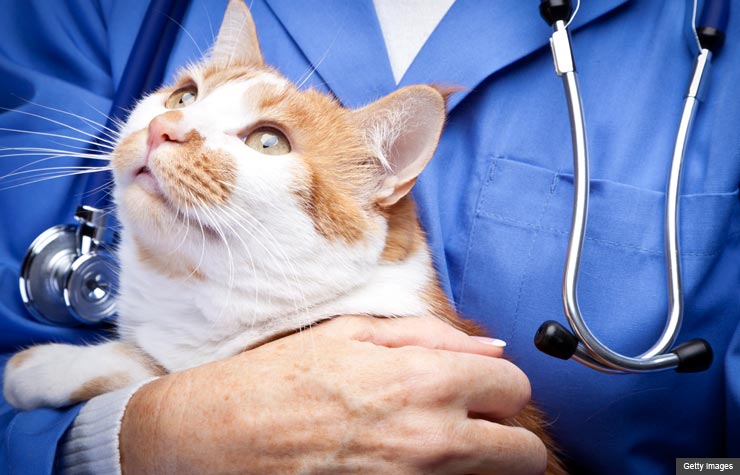Staying Fit


The scientific term for an illness transmitted from animals to humans is zoonosis. Zoonotic diseases can be a nuisance, like ringworm or cat scratch fever, but some zoonotic diseases, such as Lyme disease and rabies, can cause serious, life-threatening illnesses.
With our pets in the house, eating in the kitchen, prowling around countertops, and sleeping in our beds, we're at a much greater risk than ever from these diseases.


AARP Membership— $12 for your first year when you sign up for Automatic Renewal
Get instant access to members-only products and hundreds of discounts, a free second membership, and a subscription to AARP the Magazine.
And it's not just dogs and cats that are health threats. From coyotes to mosquitoes, creatures great and small carry diseases that can spread to humans. So what can we do to protect ourselves and our families from zoonotic diseases?
Experts offer these nine simple steps to minimizing the risks of acquiring a disease spread by animals.
1. Be careful when purchasing a pet
Look for warning signs that an animal may be ill. It's not a good sign if a puppy is listless, a cat is losing fur or a bird is dropping feathers. Diarrhea in any animal is another telltale sign of illness. To avoid having to judge for yourself, choose a pet only from reputable sources, such as an animal shelter, a breeder who can guarantee that you have a healthy pet, or a pet store with a good reputation. Many parrots, for example, are smuggled into the country without being quarantined and treated for psittacosis (sit-a-co-sis), also known as parrot fever. Be sure any puppy or kitten has been treated for parasites before you buy it. People with compromised immune systems — such as those undergoing cancer treatments — should not handle or touch turtles, snakes or other reptiles, as they could transmit salmonella.
2. Take care of your pet's health
Most states require regular rabies vaccinations for dogs, cats and ferrets. Rabies is transmitted from the saliva of an infected animal, usually from an animal bite. Also make sure to deworm your puppy and have a veterinarian check for worms at least once a year. Canine roundworms can cause severe abdominal pain, vomiting and intestinal blockage in humans. Give your dogs a monthly preventive pill, such as Sentinel or Heartgard Plus, and spot-on medications, such as Frontline, for internal and external parasites, such as fleas and ticks. And don't allow your pets to roam free. They might have a run-in with disease-carrying wild animals, such as skunks, raccoons, foxes or coyotes.

































































More on health
How to Treat 11 Top Vision Problems
Don't ignore these signs that your eyes are changing